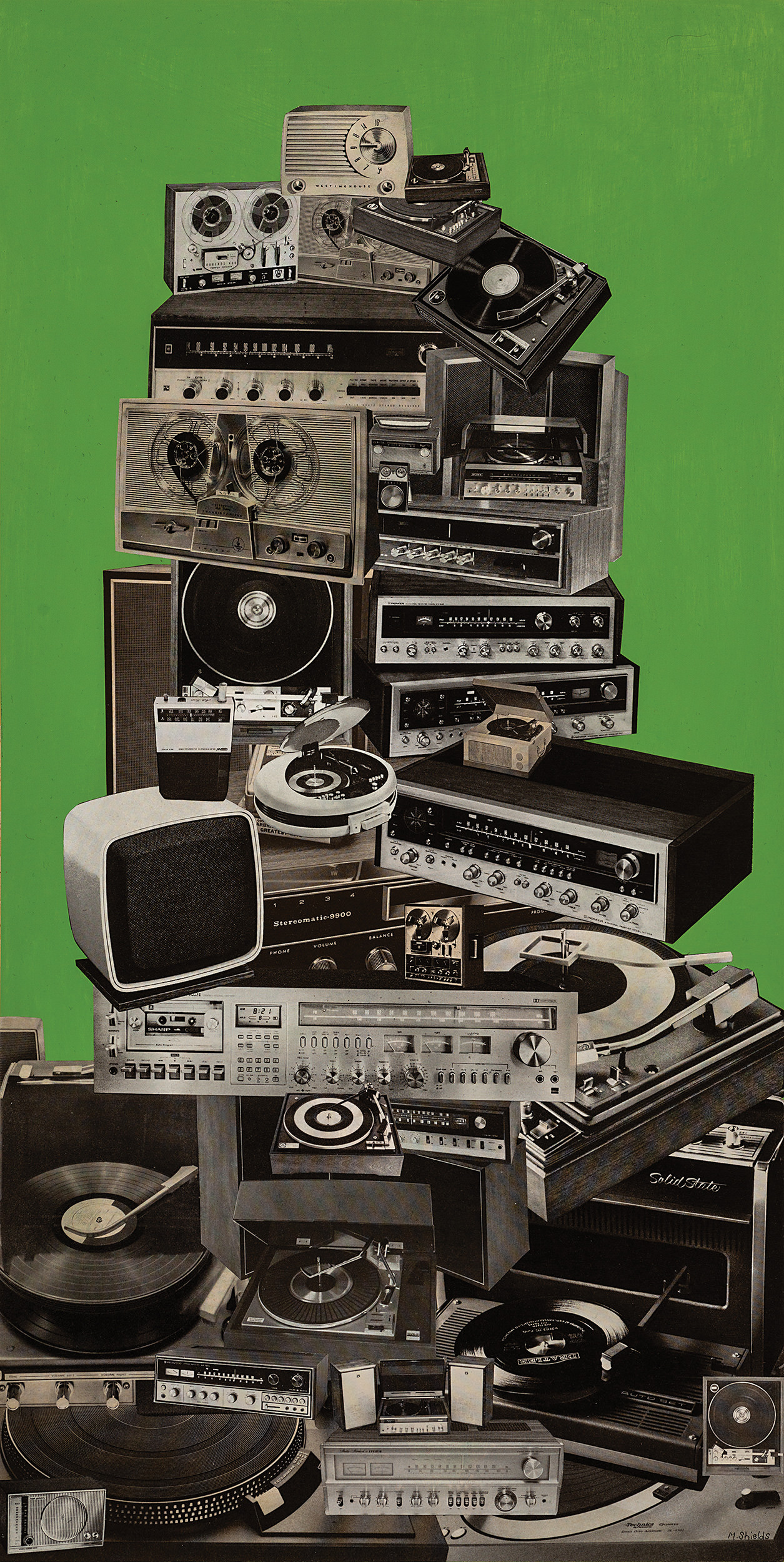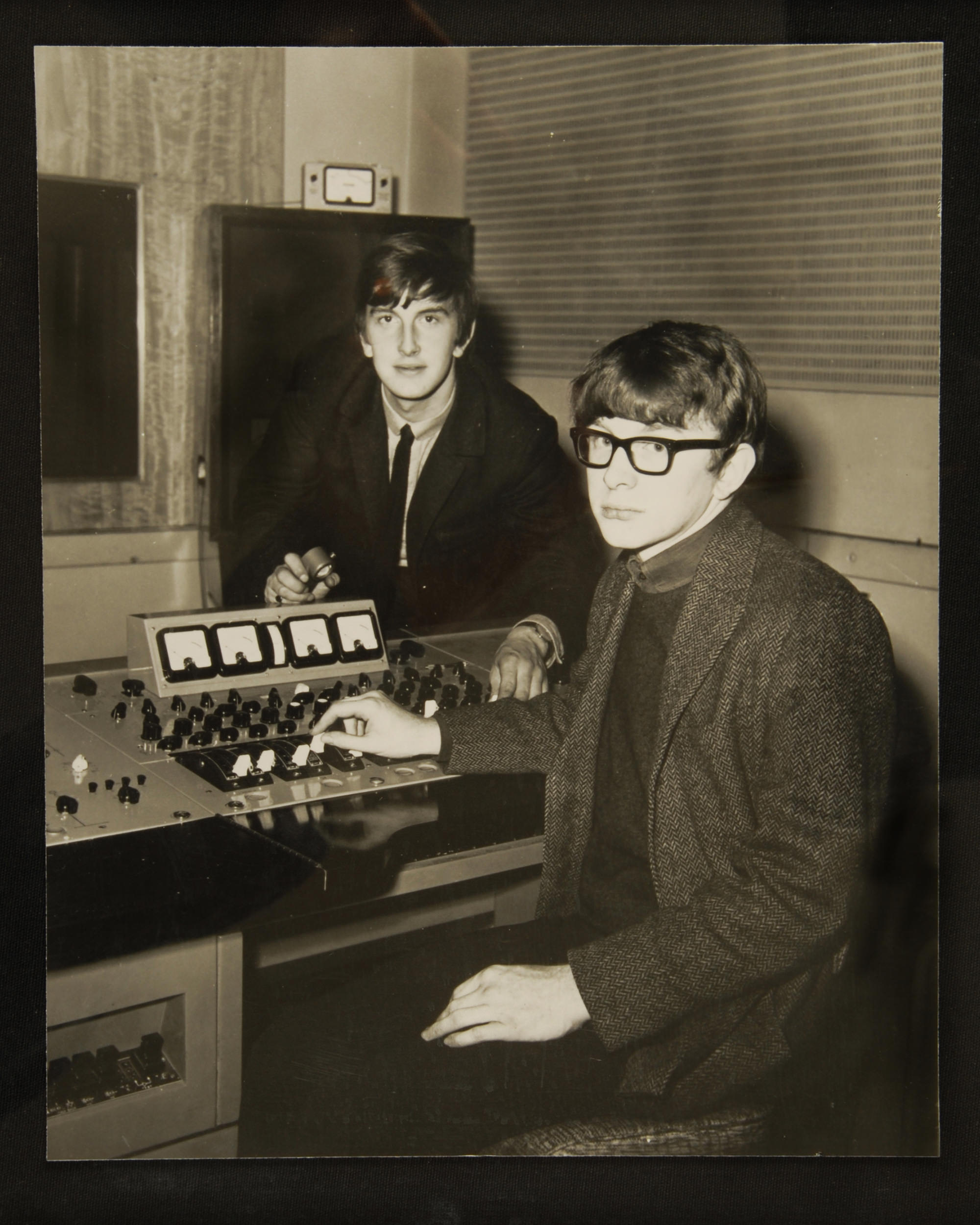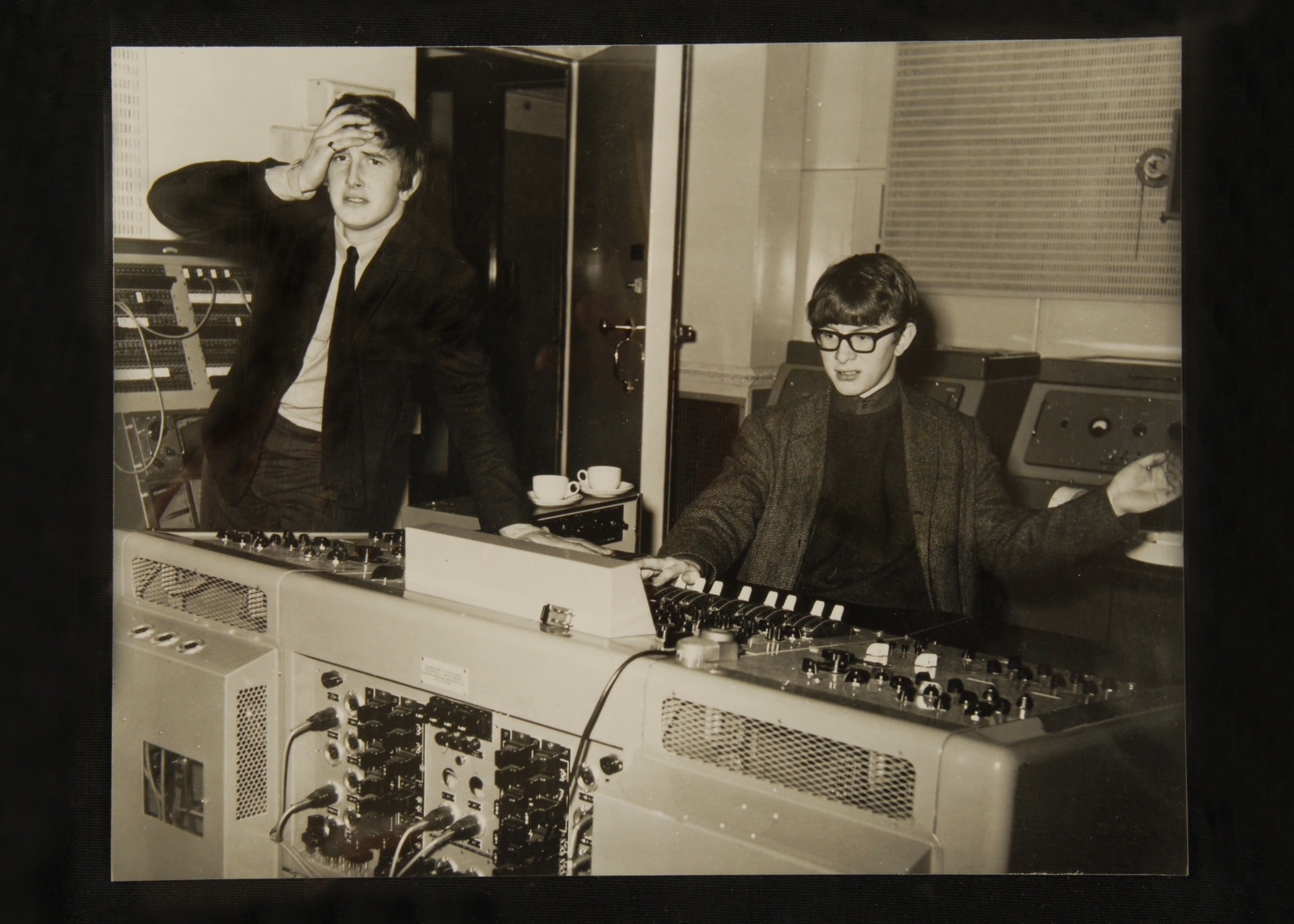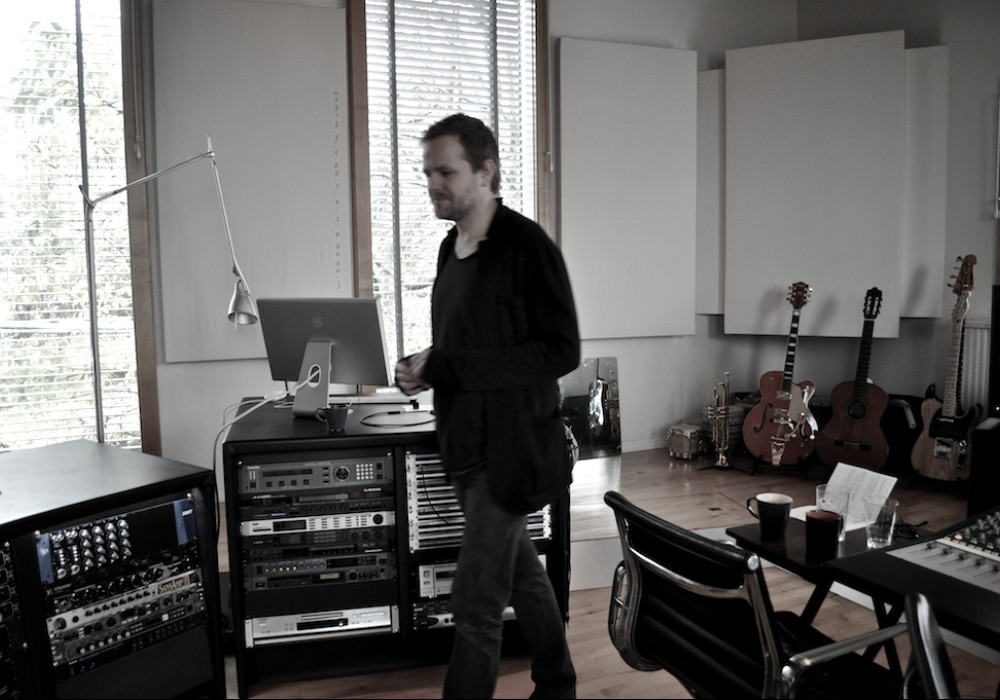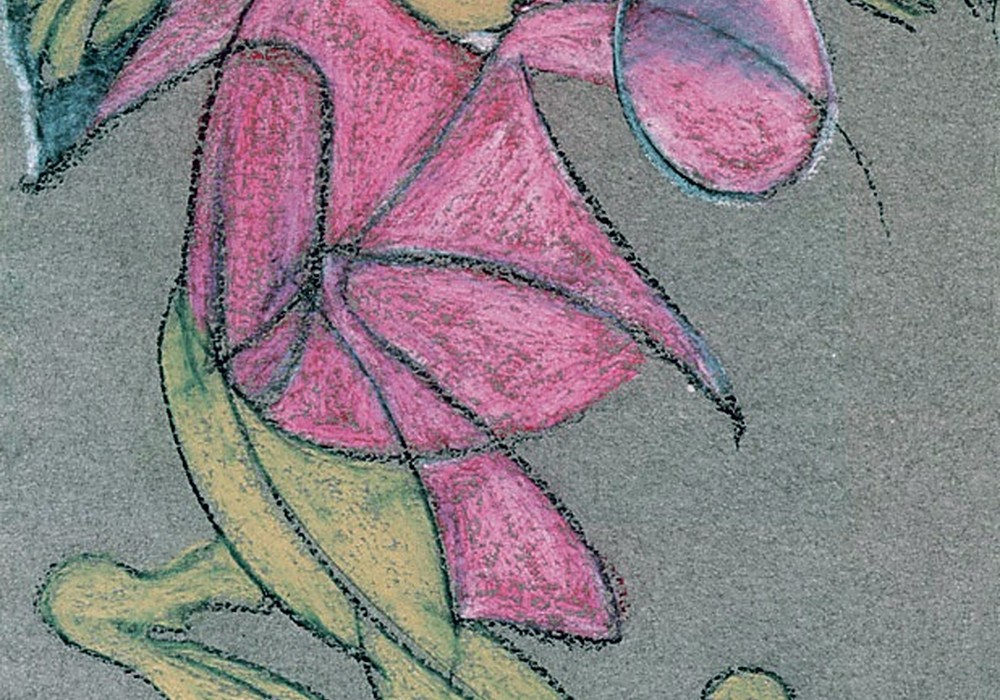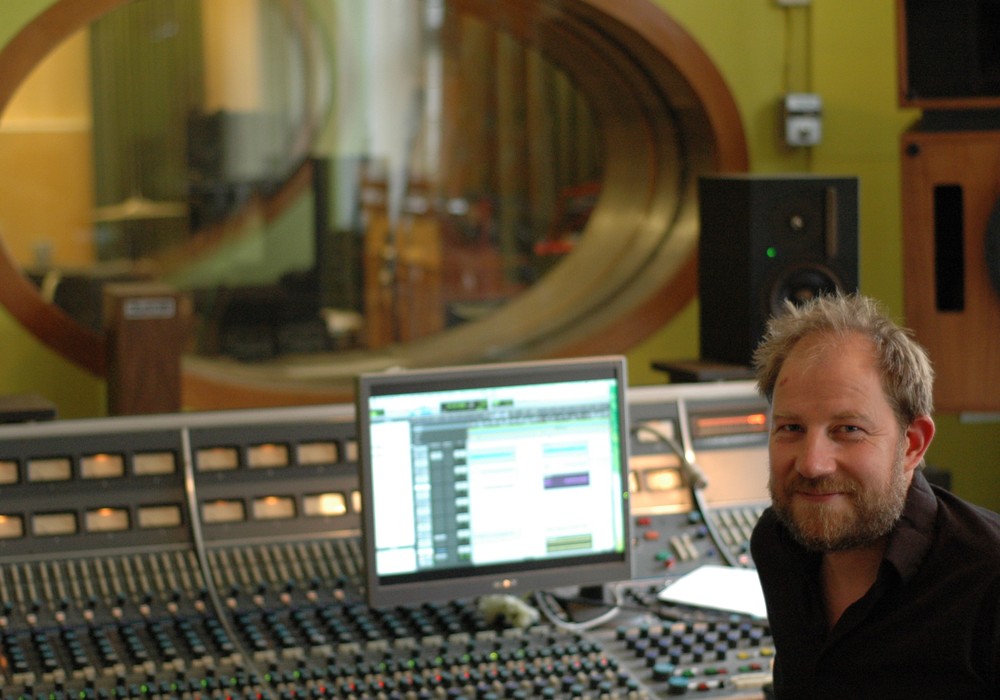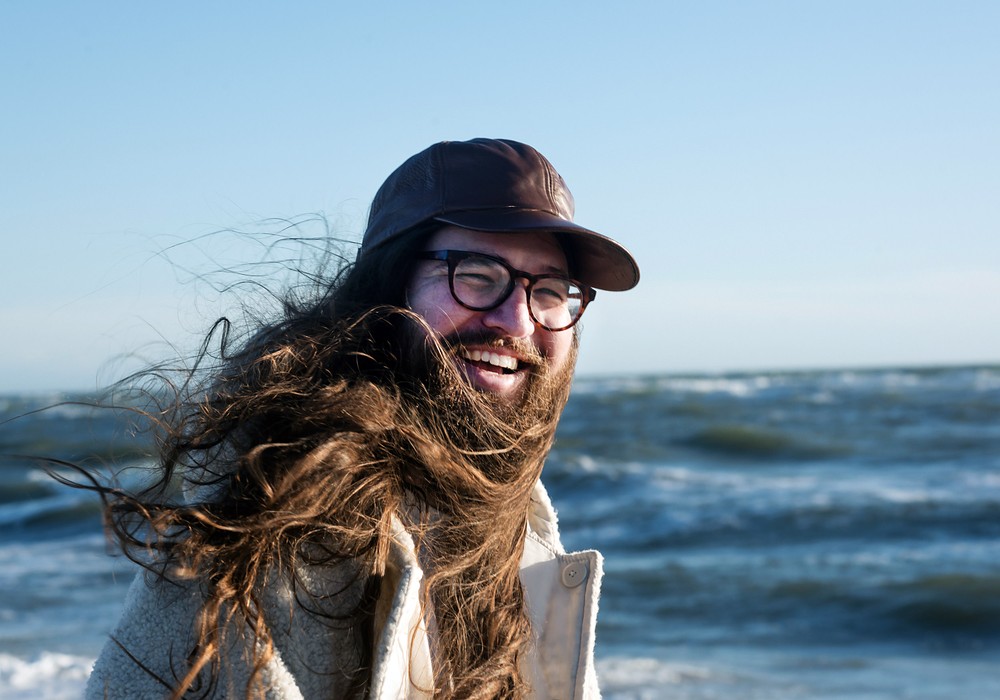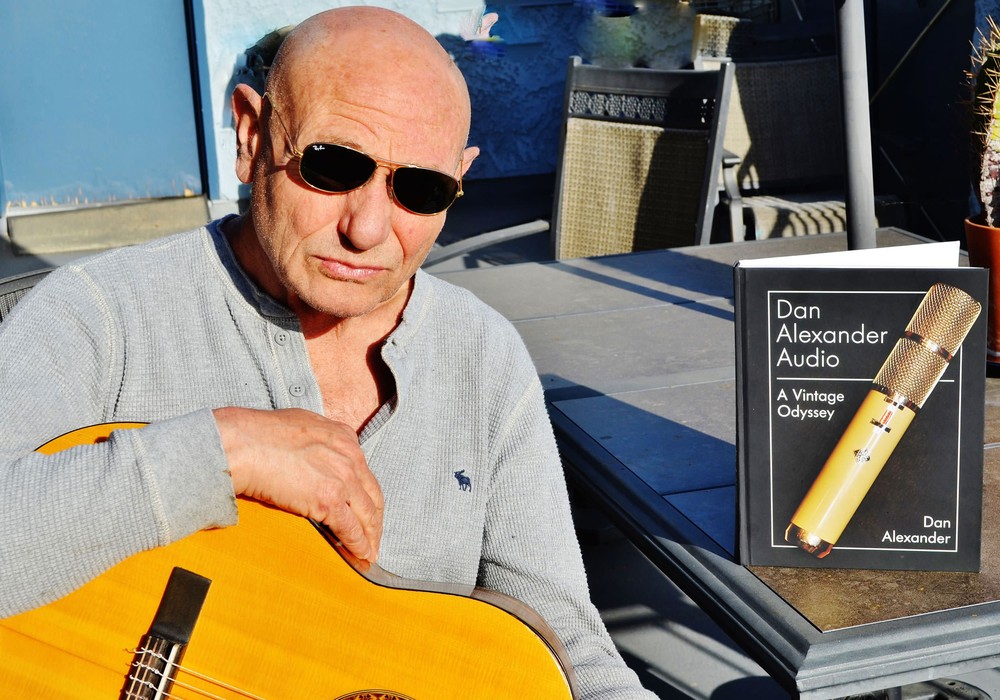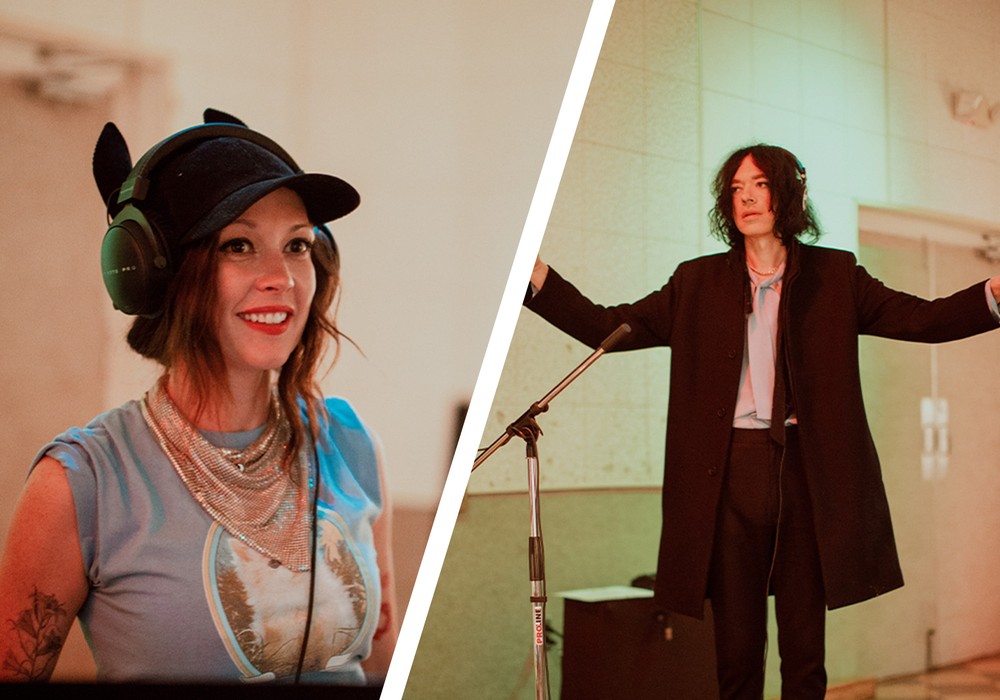Paul McCartney lived in his house for two years. His mother was George Martin's music teacher. He is among a rarified group of five people (including Quincy Jones, Rick Rubin, and Greg Kurstin – Tape Op #135) that have won the "Producer of the Year" Grammy two or more times. Additionally, Mr. Asher has produced thirteen Grammy-nominated recordings and won a third Grammy for his live comedy album, Live 2002, with Robin Williams. He has been awarded 37 RIAA-certified gold albums and 22 platinum albums in the U.S. and many more internationally, working with the likes of the 10,000 Maniacs, Diana Ross, Neil Diamond, Ringo Starr, Linda Ronstadt, Cher, Morrissey, the Dixie Chicks, Rodrigo y Gabriela, Hans Zimmer, and Billy Joel, among many others. He's managed James Taylor, Linda Ronstadt, Joni Mitchell, Carole King, and Randy Newman, and was the original A&R person for The Beatles' Apple Records. He also co-founded Indica Books and Gallery, where John Lennon and Yoko Ono first met. As if that wasn't enough, he was also an original founding partner of The Roxy Theater in Hollywood.
Abbey Road Studios
A few months back, several interview opportunities lined up and what they all had in common was Abbey Road Studios, or, as initially known, EMI Recording Studios, built in 1929. John Baccigaluppi, Jenna Crane, and I were lucky enough to receive a comprehensive tour of Abbey Road in May of 2008, courtesy of Lester Smith from the studio's Technical Services Department. It was amazing to see these iconic rooms where The Beatles, Pink Floyd, The Zombies, Kate Bush, Radiohead, and so many others had made world-changing albums. We've interviewed so many folks that began their careers at this famous building, and it's an honor this issue to speak with John Kurlander, Sam Okell, and Peter Asher about their experiences at Abbey Road.
Your mom taught music to George Martin?
He was just an average good student of my mother's. She met him again years later at our house. He was my sister's [Jane Asher] boyfriend's [Paul McCartney] record producer. My mom and George immediately remembered each other. She had taught him oboe, but he was never singled out for being a genius oboe player. But I don't think he ever intended to be, either!
What do you think is a key element in making records?
In a general, knowing when to stop. It is very easy to overdo it at every phase of making a record. Whether it is overdubbing, mixing, or recording a live band and you've just had the great take and then you're wasting time doing another ten takes. When you are mixing, and you want to over-tweak or EQ everything, you lose the magic that was there in the first place. Or when you're working on a song; the key is to know the moment when you realize maybe it is the song that is the issue. Maybe the piece itself that you're working on needs be rethought. Knowing when to draw the line is critical.
How do you determine that?
Listen, and don't get too obsessed about one detail. Like tweaking the snare for hours, when the drums themselves are the problem. Look at the overall picture and keep it all in balance. I produced the Steve Martin and Edie Brickell album [Love Has Come for You]. People were saying how well I got a "band" sound. Well, it wasn't done live at all. [laughter] I worked Steve's banjo for many days. We'd already done the arrangements. After we got the banjo perfect, we did Edie's vocals. Then I took everything back to L.A. and overdubbed one instrument at a time, and people were complementing me on the "band feel." So, who knows? The main rule is that there is no overriding rule. It all depends on the artist. Ask the artist what time they like to sing and where they want to record.
Have you done records where the lead vocal was entirely live?
We did some vocals with Linda [Ronstadt] that were live. Some of the best singers – who are stunningly great – are also the ones who tend to most want to re-sing a song to death to get it a certain way. At some point I have to try to point out to them that maybe they captured it pretty well on the live vocal or one of the earlier takes.
What is it that most people get wrong about making records?
I don't know, really. Producers know very little about how others do their job. We very rarely get a chance to watch each other work!
What was your first experience in a studio?
The very first time I was in a studio was the Peter and Gordon session, which included "A World Without Love," at EMI Studios in St John's Wood [later renamed Abbey Road], February 1964. We had six or seven hours to do four or five songs. I was thrilled to be in the studio. I knew I wanted to be a record producer pretty much the minute I entered that studio – [the thrill of] being able to tell musicians far better than me what to play.
What instruments do you...
The rest of this article is only available with a Basic or Premium subscription, or by purchasing back issue #137. For an upcoming year's free subscription, and our current issue on PDF...
Or Learn More
